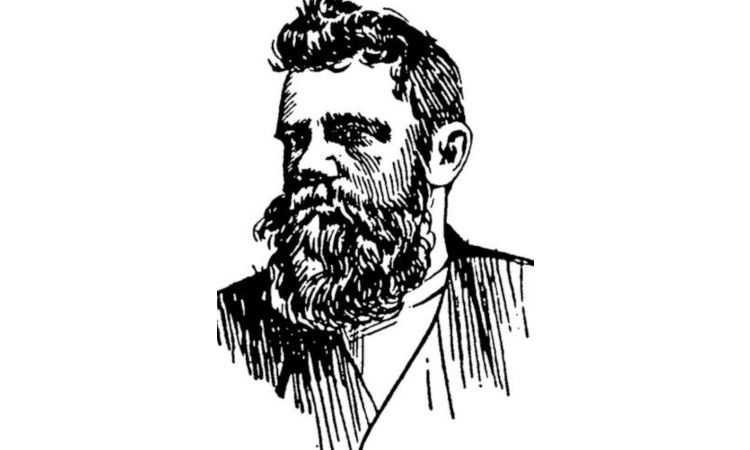An excellent, entertaining, and informative talk by Comrade Deborah Lavin given to a meeting to mark International Working Women’s Day, held by the CPGB-ML and Red Youth in Birmingham on 8 March 2014.
She gives a fascinating insight into Victorian life, and the bourgeois and proletarian trends in the struggle for women’s liberation and for the vote, passing over, among other things, the North London Collegiate School (NLCS), Women at University College London (UCL), Edith Lanchester, Milicent Fawcett and Annie Besant.
She notes that while bourgeois ladies, along with the Liberal party, campaigned against limiting workers’ hours, and for a ‘ladies’ vote that would be limited, as with men, to those over 25 and in possession of a ‘£10’ mortgage on their own property – a far cry from universal suffrage.
Thus these bourgeois ‘radical’ liberals were opposed to the Crosses Act of 1876, which sought to limit the working day to 57 hours a week for women.
It was the socialist, proletarian part of the movement, as typified by the Marxists, including Karl Marx‘s daughters themselves – Jenny, Laura and Elanor – and Sylvia Pankhurst, that campaigned to limit working hours, as part of the universal workers’ campaign for the 10-hour working day.
A campaign, led by the Second International, for equal pay and for a truly universal suffrage without property or gender restrictions – although, as Marx stressed, such a vote, while bourgeois democracy exists, can only ever be “a gauge of the maturity of the working class”.
Deborah gives useful information on Marx’s and other socialists’ attitude towards Malthus and Malthusianism, and consequently to birth control, and to the relationship between work and marriage.
Socialists and progressives were in favour of the liberating effect that having fewer children had upon women, but disagreed with the notion that it was “too many workers” that gave rise to poverty.
Rather, it is capitalist production relations, and in particular the exploitation that gives rise to poverty and unemployment for masses of humanity – a problem that can be solved by rearranging production, planning, and utilising all of mankind’s wasted labour-power constructively, and thereby eliminating crises, war and famine, which capitalism cannot do.













